“Nowadays technology makes us think we are in a limitless universe: since the beginning of our talk, hundreds or a thousand softwares came out and will probably be obsolete tomorrow morning. This comes with a dizzying effect so we absolutely need to create our own limits. Choose precisely your synth, your plugin, try to stick to it during six month or a year, nothing more: there are twelve notes in the range, everything has been made, so technology will not bring you uniqueness, you will“ — Jean-Michel Jarre for Konbini
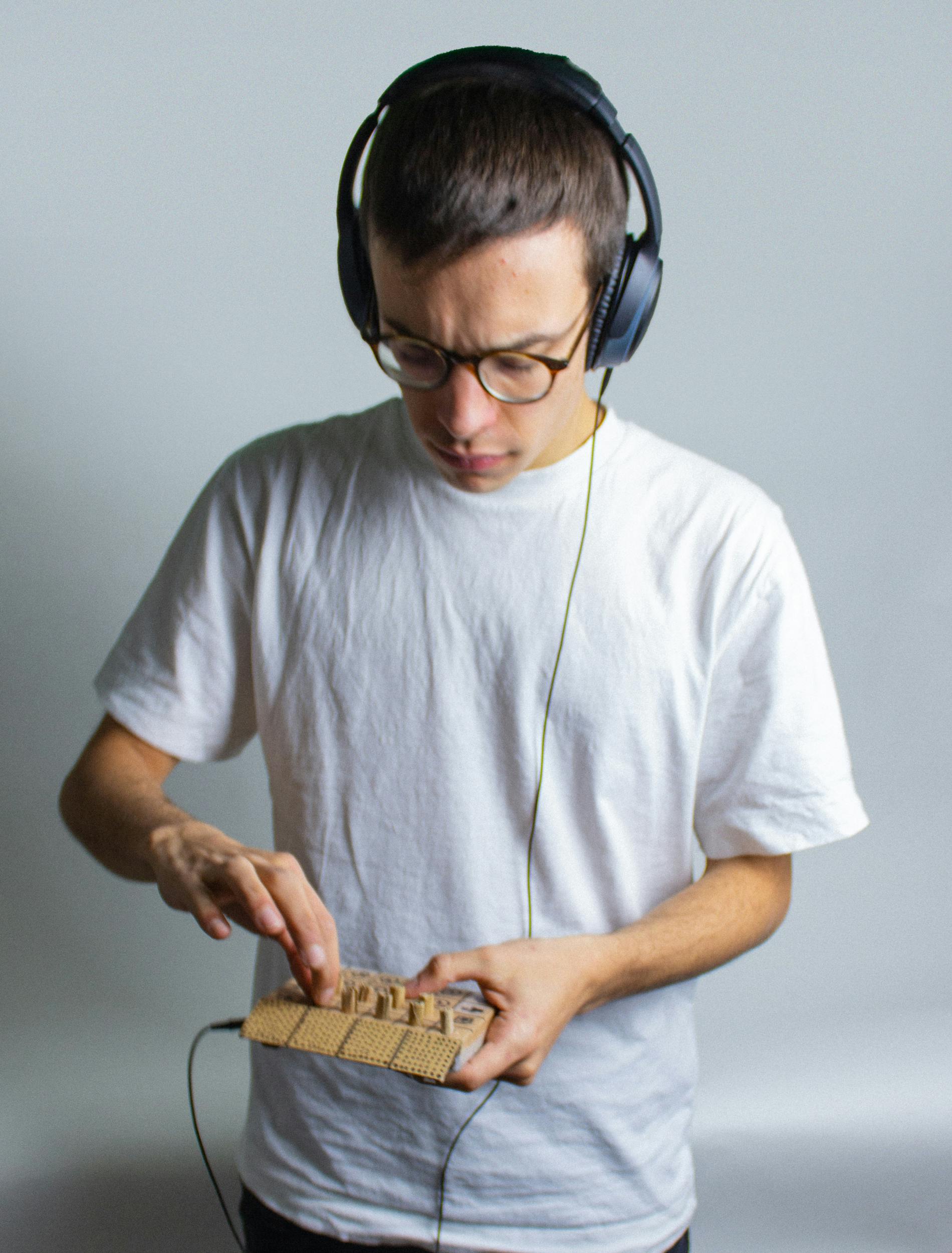
This project of voluntarily surprising and counter-intuitive sequencer aims to stimulate creativity prioritising musical research instead of mechanical composition.
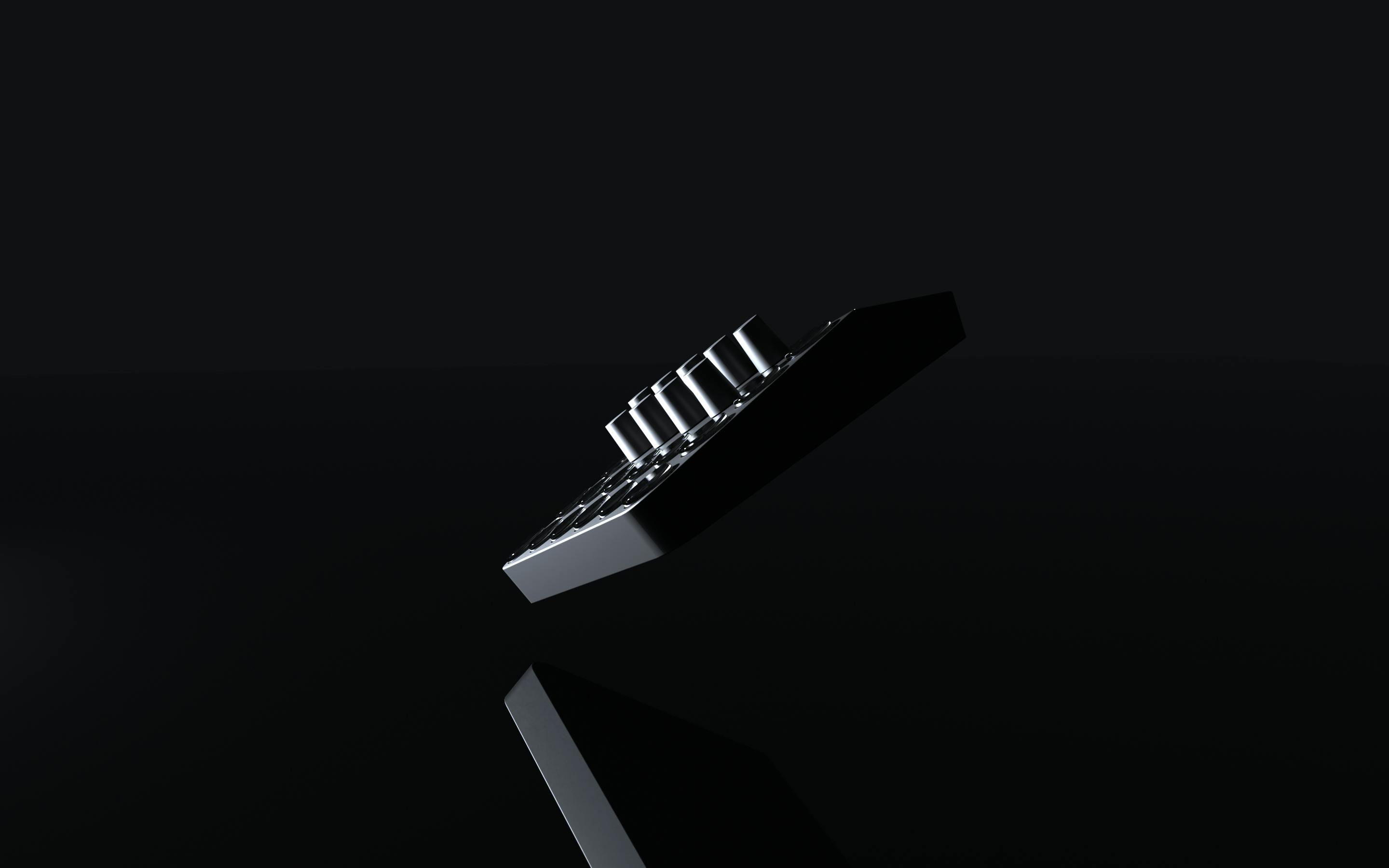
Godfried Toussaint is a Canadian researcher of McGill University who discovered that Euclid's algorithm (used to find the greatest common divisor between two numbers) could also be used to generate the rhythms present in most styles of World Music.
Before everything, I first created a digital prototype to test the features of euclidean sequencing, find frustrating problems and improve the product.
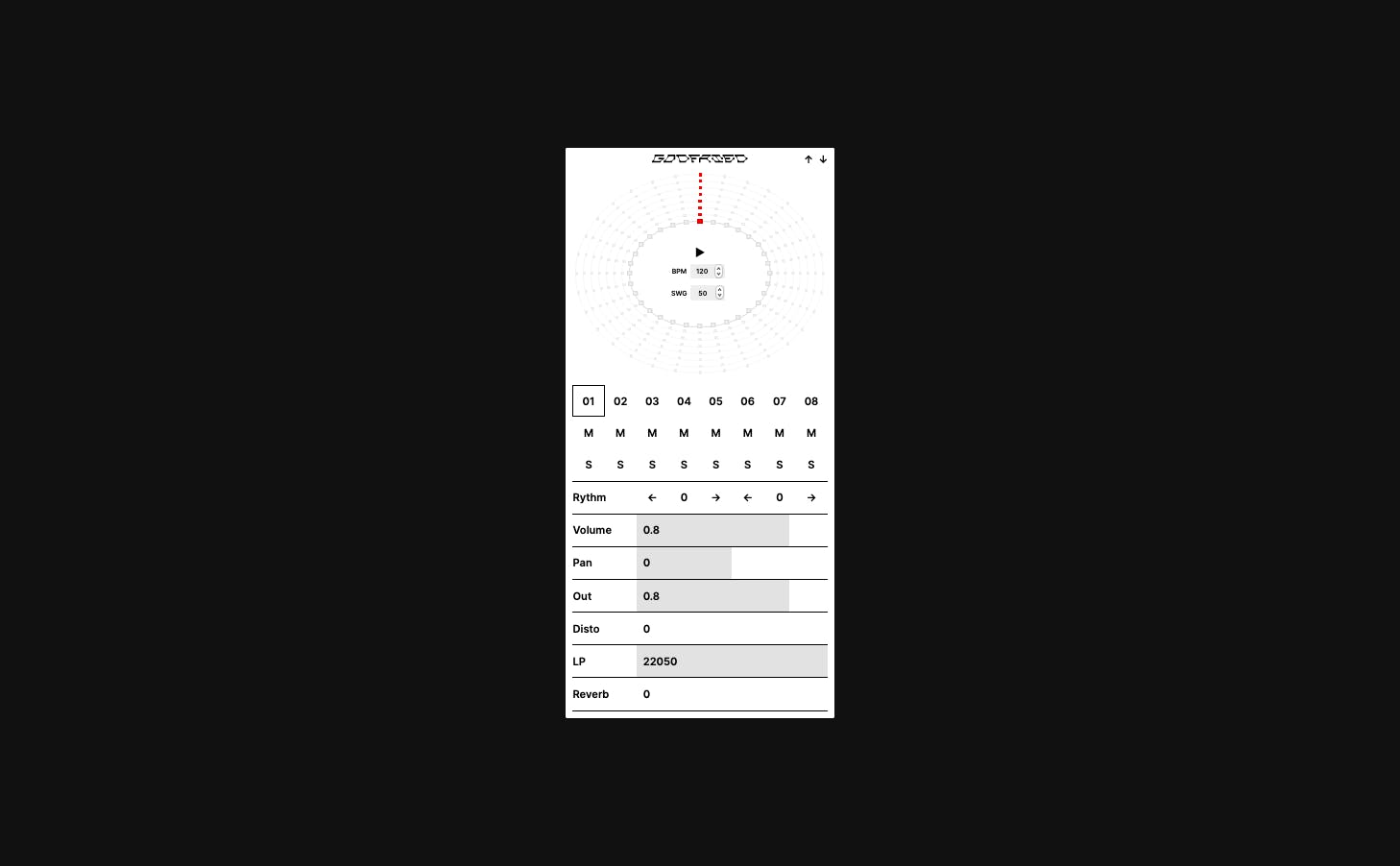
In order to minimize the device as much as possible, the original circular display was replaced by a linear system: one line per track, one column per beat. This system allows us to experiment with polyrhythms (defining different lengths for each track), for even more surprising results.
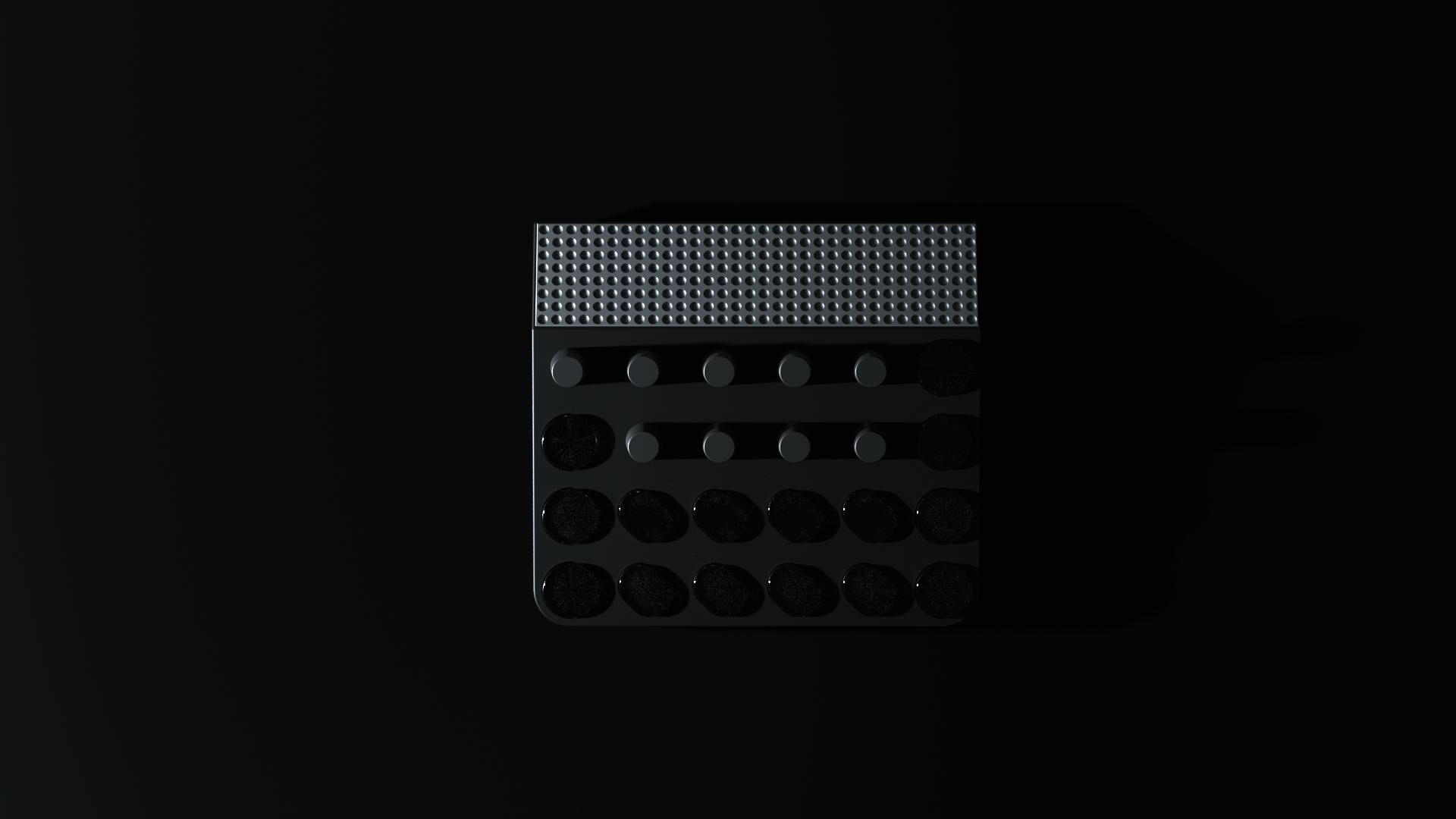
The cardboard prototype (filled with coins to reach the estimated weight of 100g) was used to test the ergonomics and dimensions of the sequencer. Can we hold Godfried in one hand while turning the potentiometers? Is the jack output annoying?...
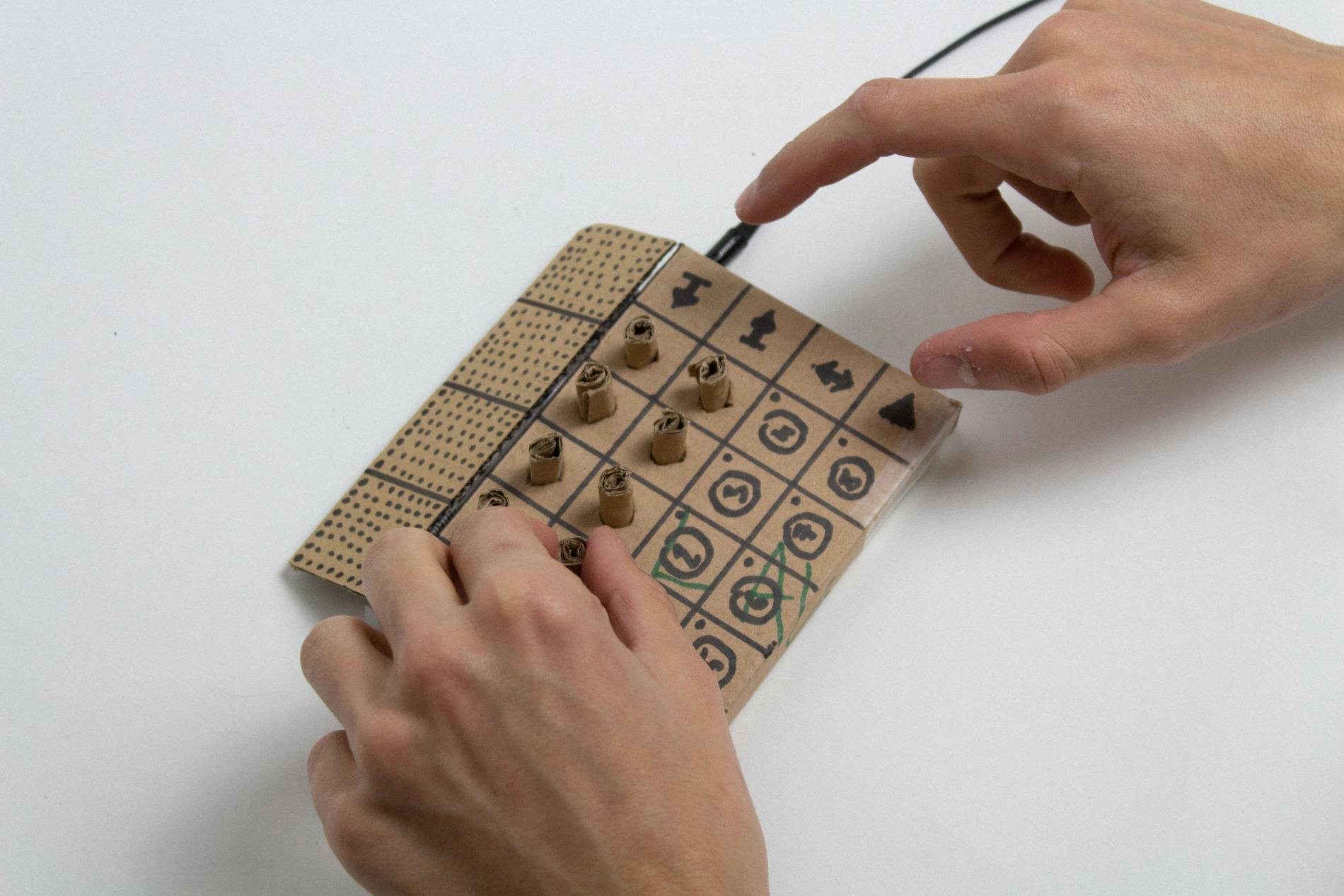
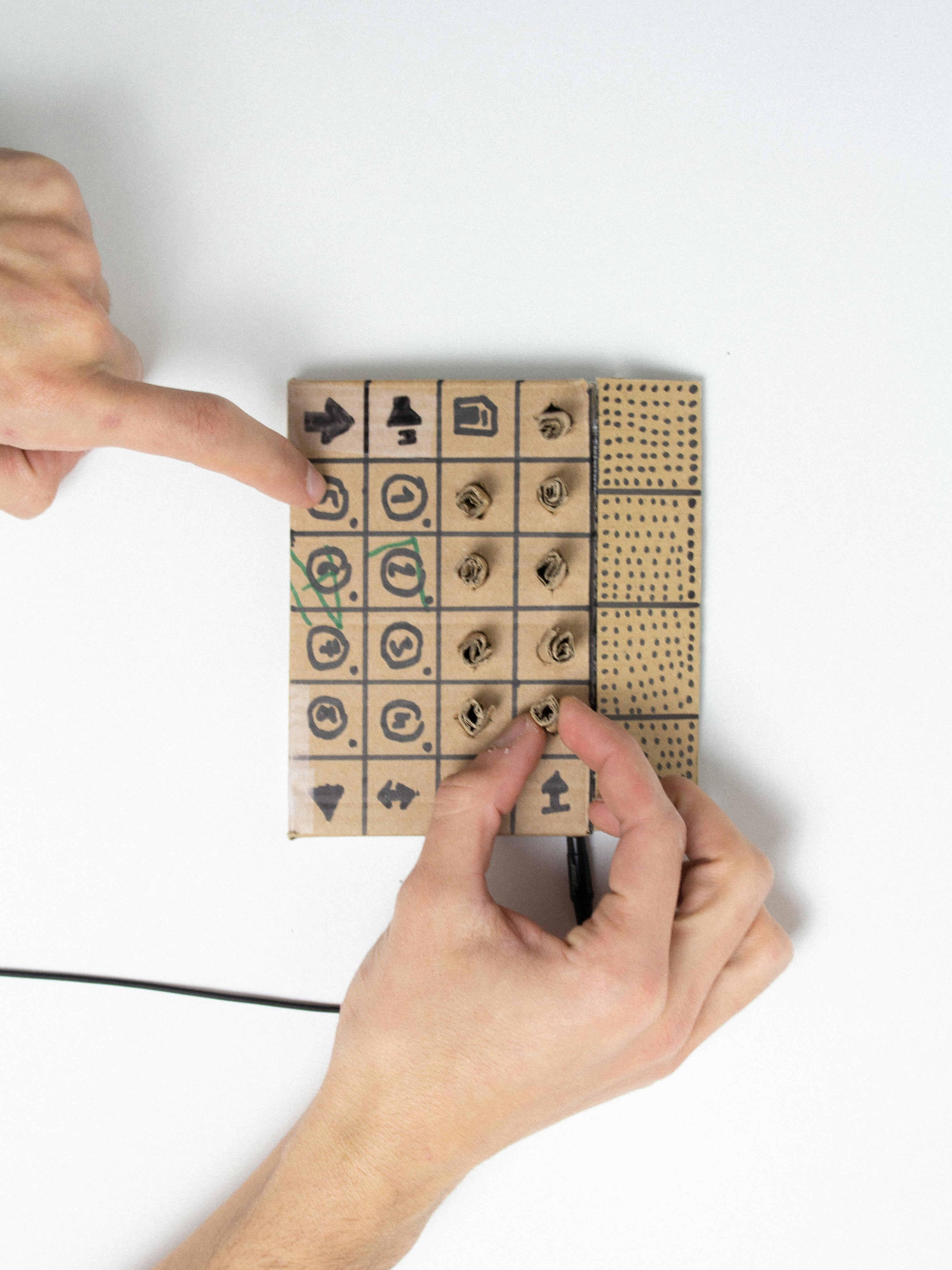
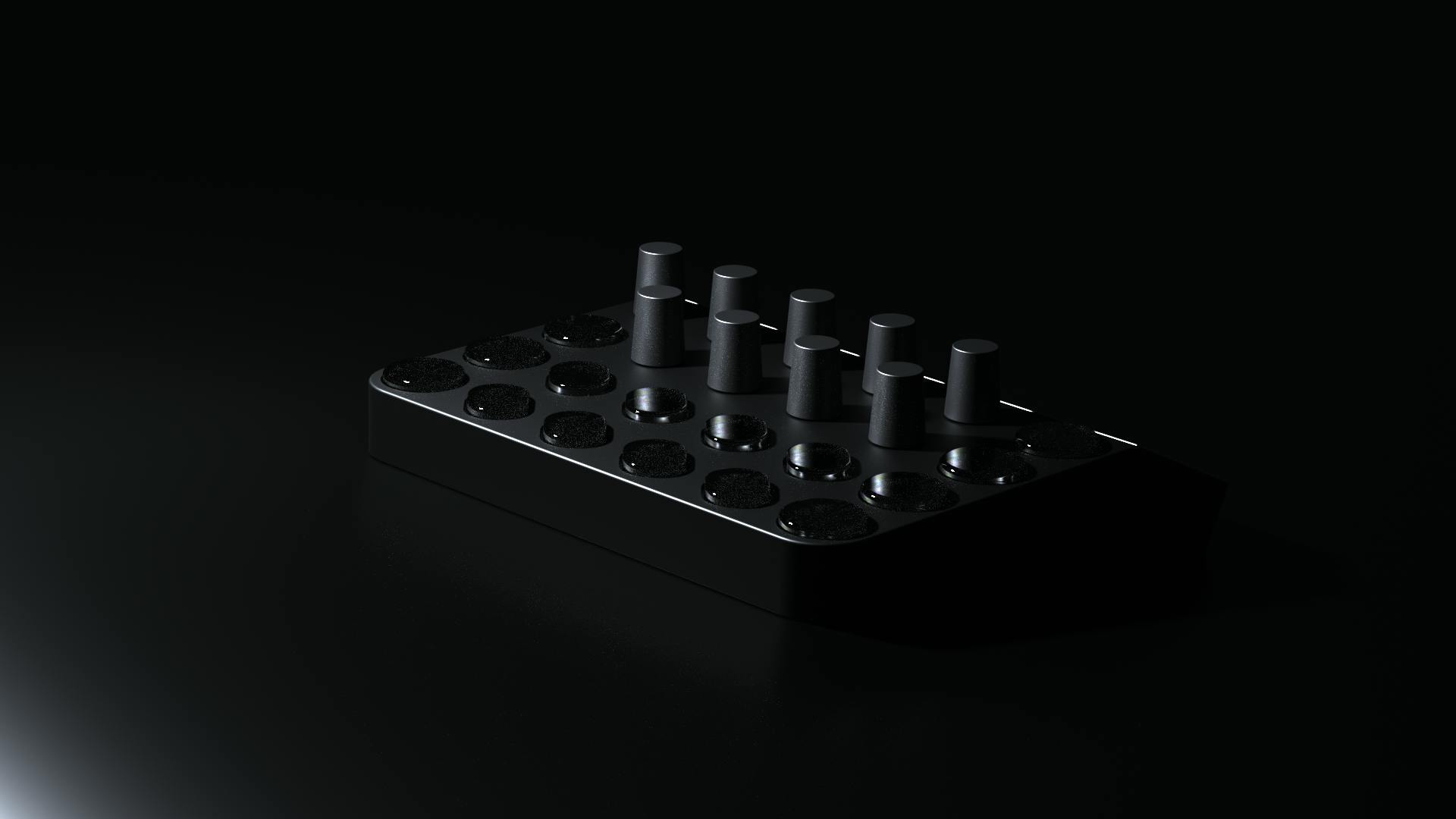
The sequencer brings inspiration and creativity not only by allowing the composer to experiment both in nature and during daily commutes in the metro, but it also pushes people to find ideas by manipulating instead of manipulating by having an idea.